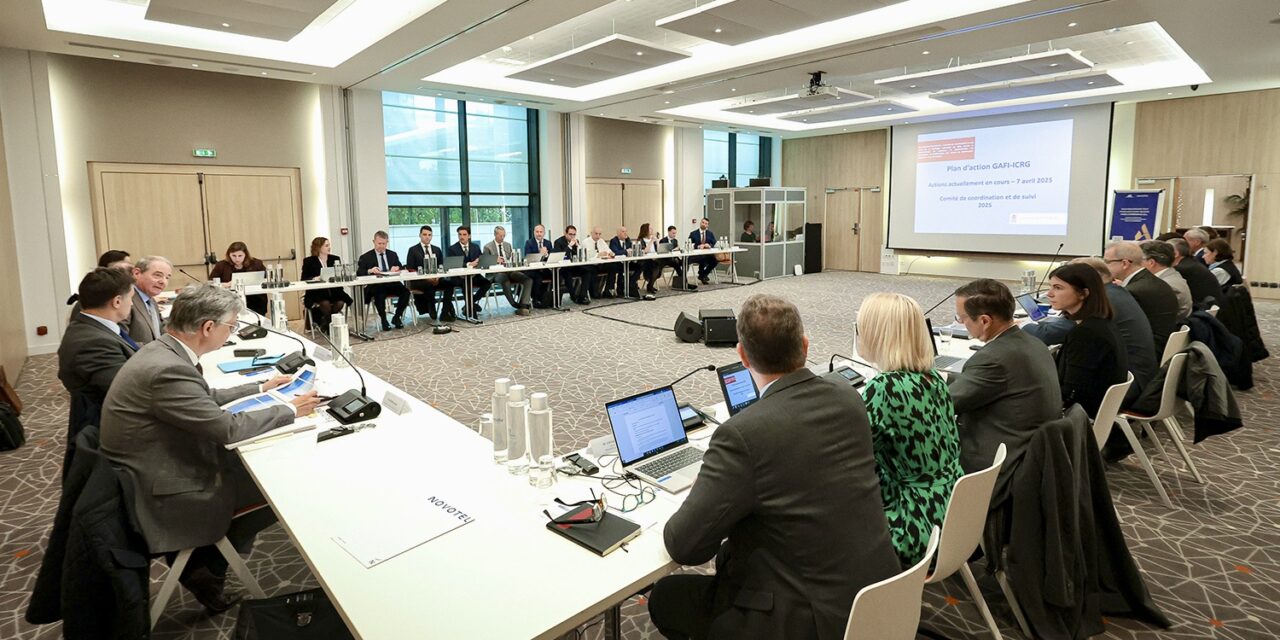Monaco has taken a decisive step forward in its fight against financial crime as the Coordination and Monitoring Committee overseeing the national anti-money laundering strategy convened its first official session on Monday, April 7. The meeting was chaired by Pierre-André Chiappori, Government Advisor and Minister of Finance and Economy, and brought together key stakeholders responsible for implementing the Principality’s strategic reforms.
The gathering comes at a pivotal moment, following Monaco’s recent submission of its first progress report to the Financial Action Task Force (FATF) since being placed on the organisation’s grey list. Authorities involved in the report’s drafting were acknowledged for the significant progress made since April 2024 across multiple areas, including regulatory tightening, oversight improvements, and enhanced inter-agency coordination.
While the committee recognised the strides achieved to date, Chiappori stressed the importance of sustaining collective momentum ahead of upcoming engagements with the FATF’s International Co-operation Review Group (ICRG), scheduled for later this month. These discussions will be key in determining the pace and direction of Monaco’s path toward potential removal from the grey list.
In a show of unified resolve, the committee members unanimously adopted Monaco’s updated National Strategy for combating money laundering, terrorist financing, the proliferation of weapons of mass destruction, and corruption. The newly approved 2025–2027 Action Plan outlines clear objectives and concrete measures to further align the Principality with international standards.
As global scrutiny of financial transparency intensifies, Monaco is aiming to position itself as a fully compliant jurisdiction by reinforcing its legal framework, improving detection mechanisms, and fostering a culture of accountability across both public and private sectors.

